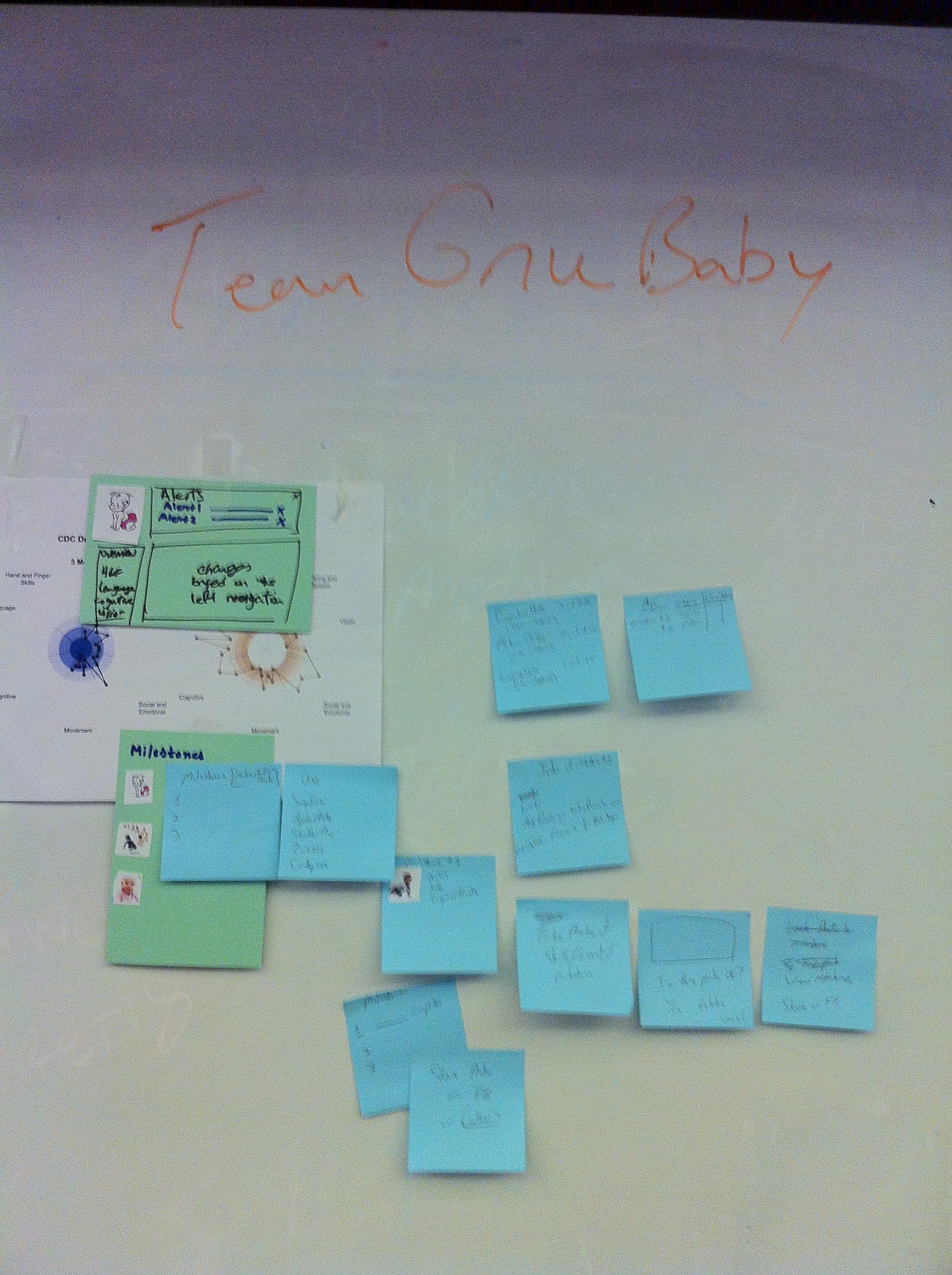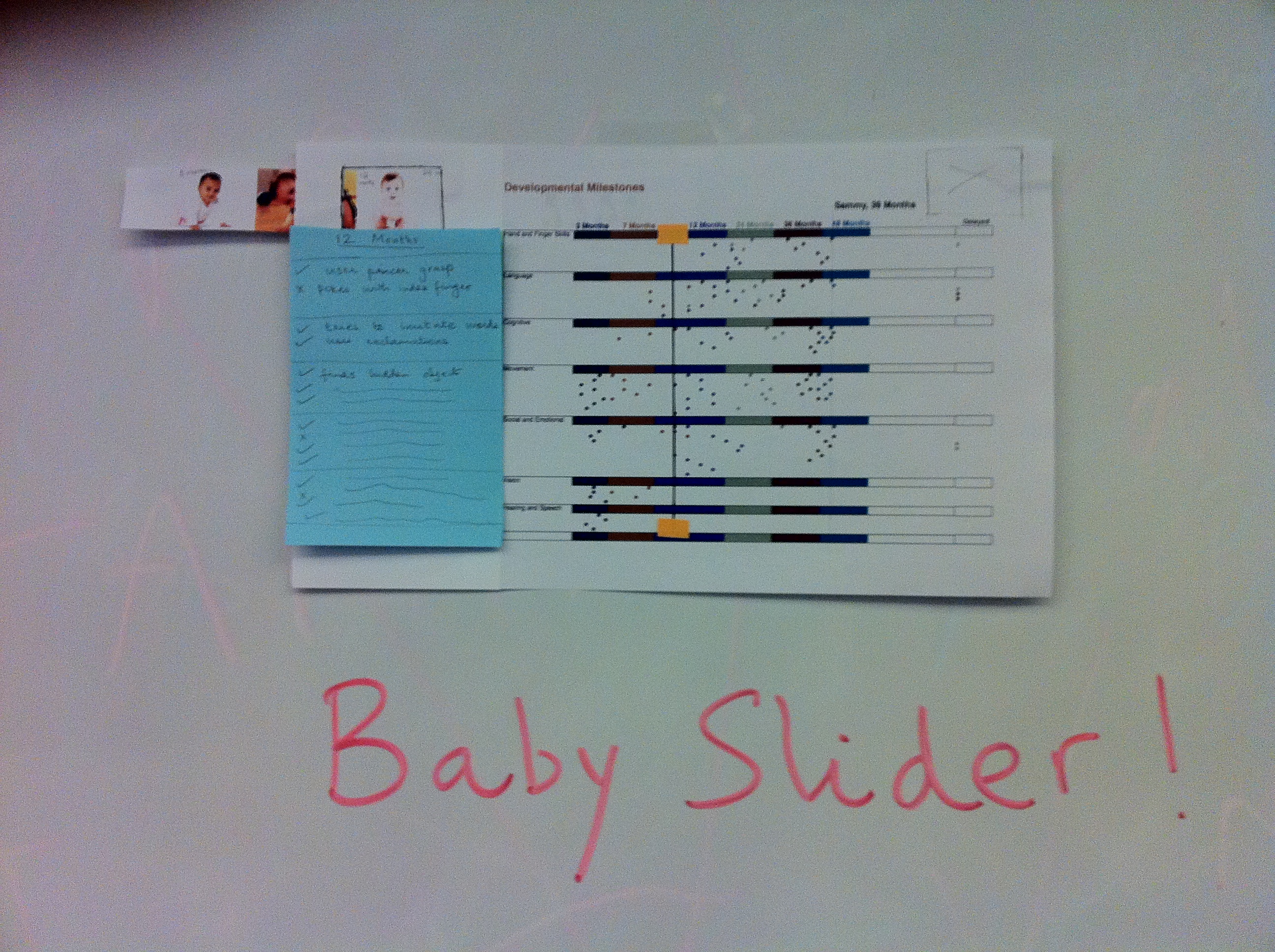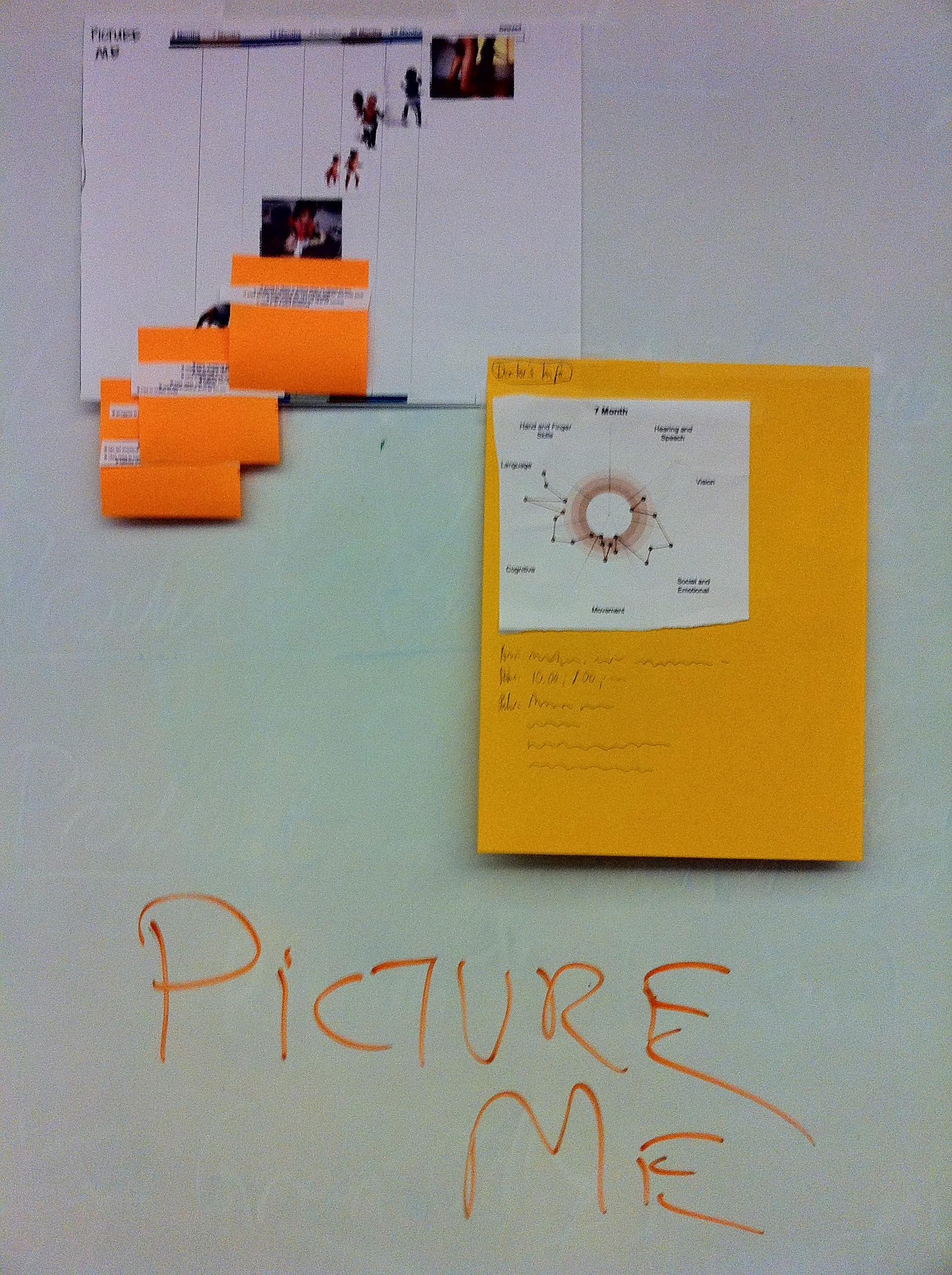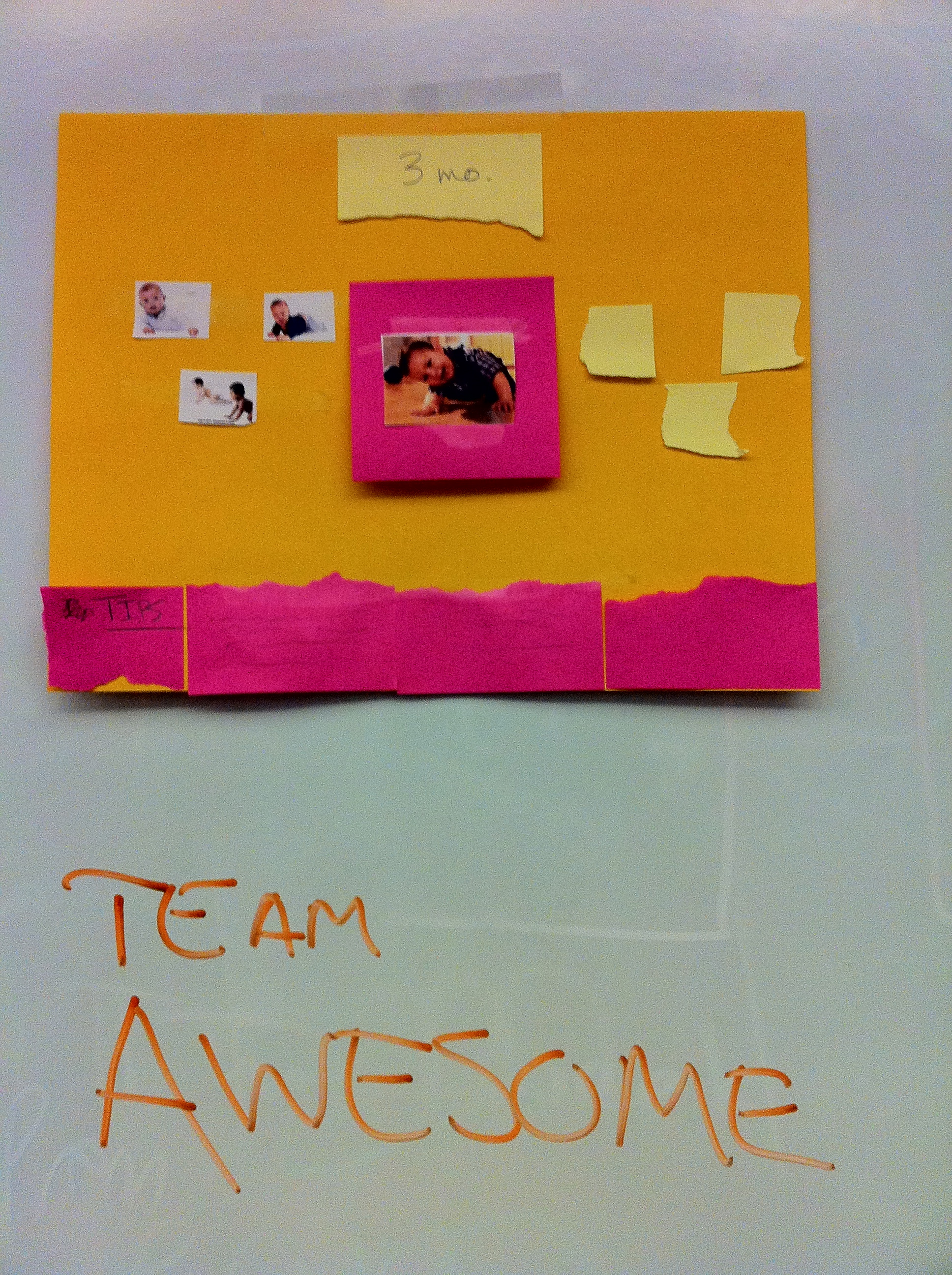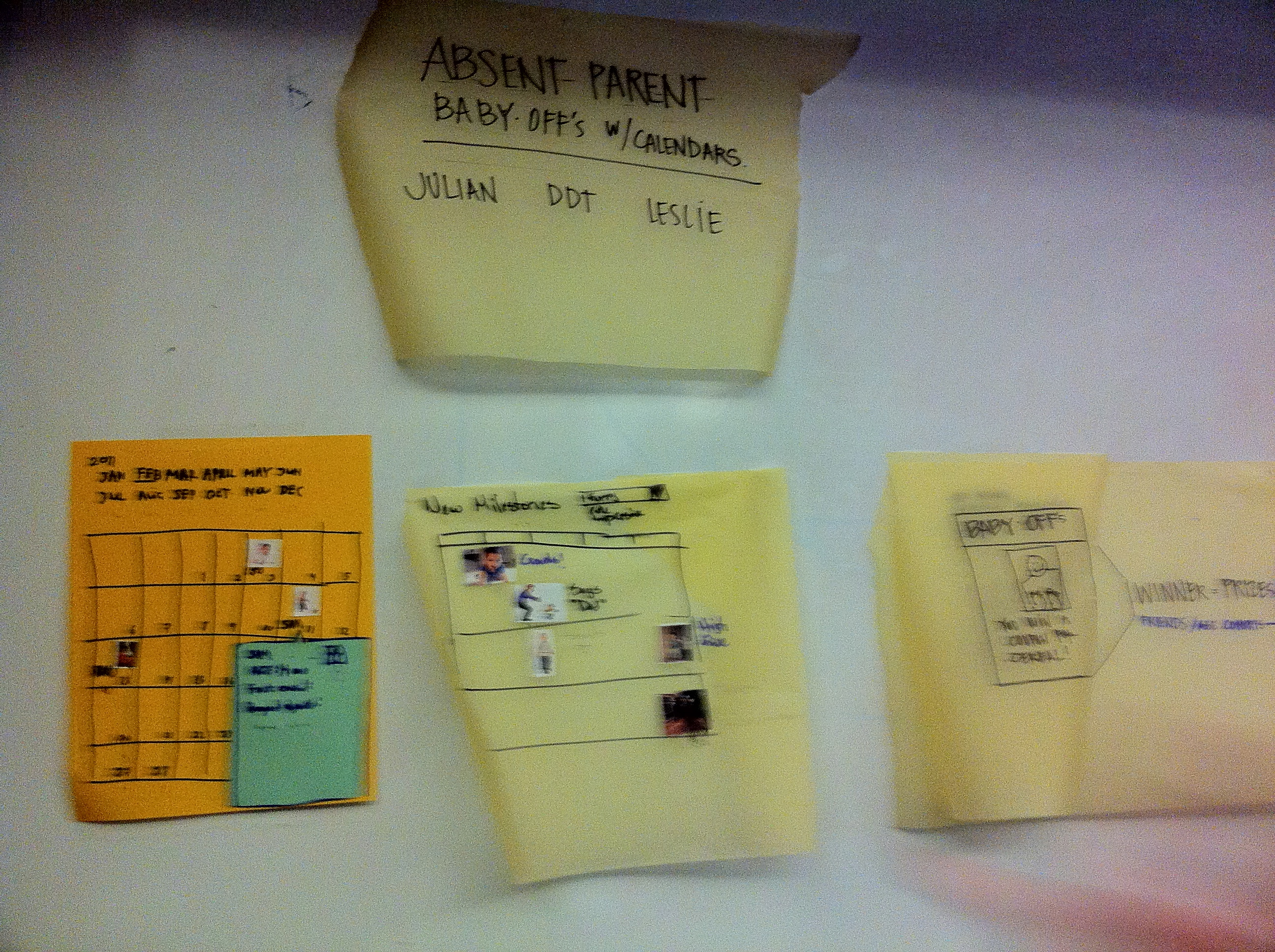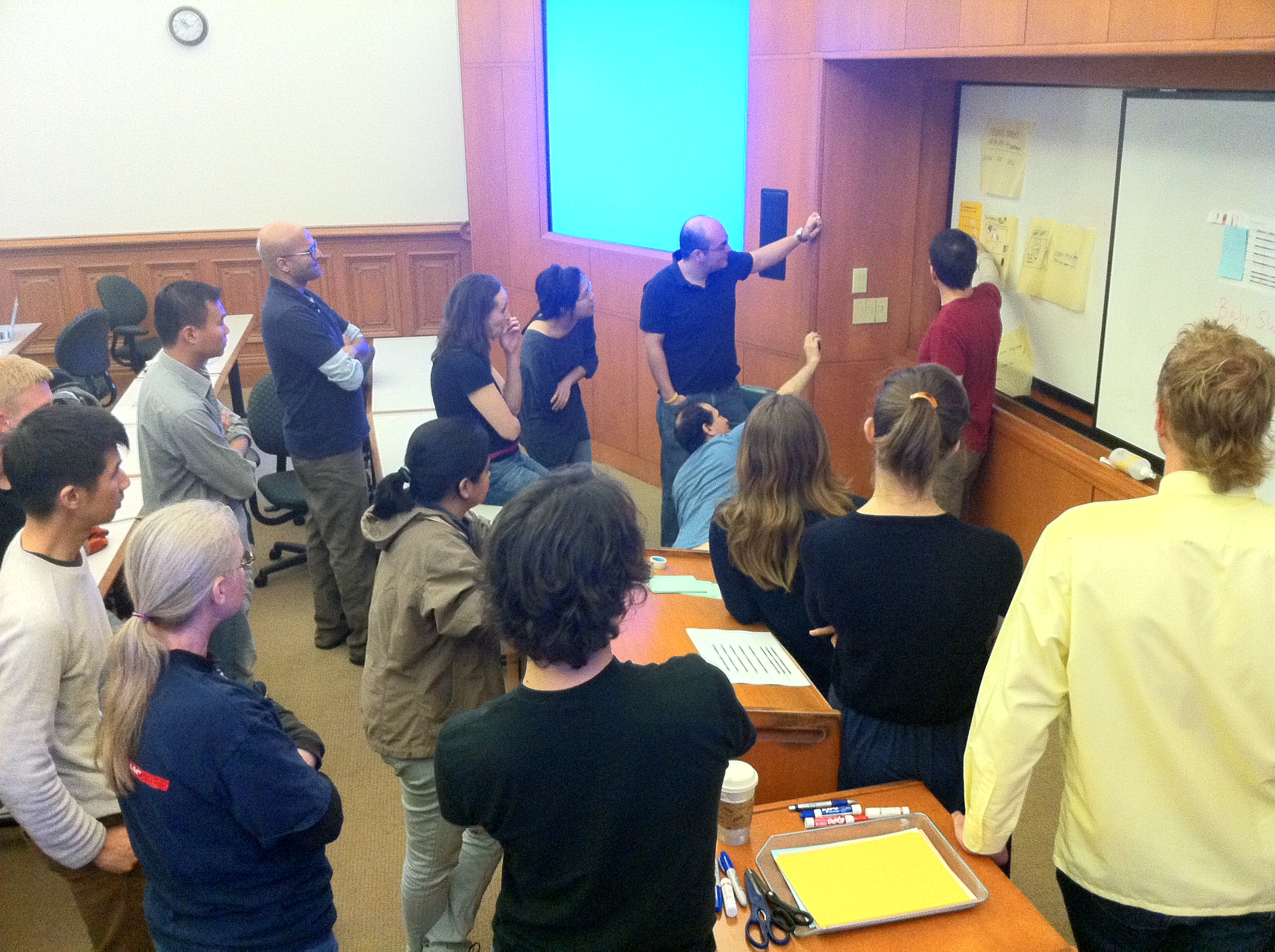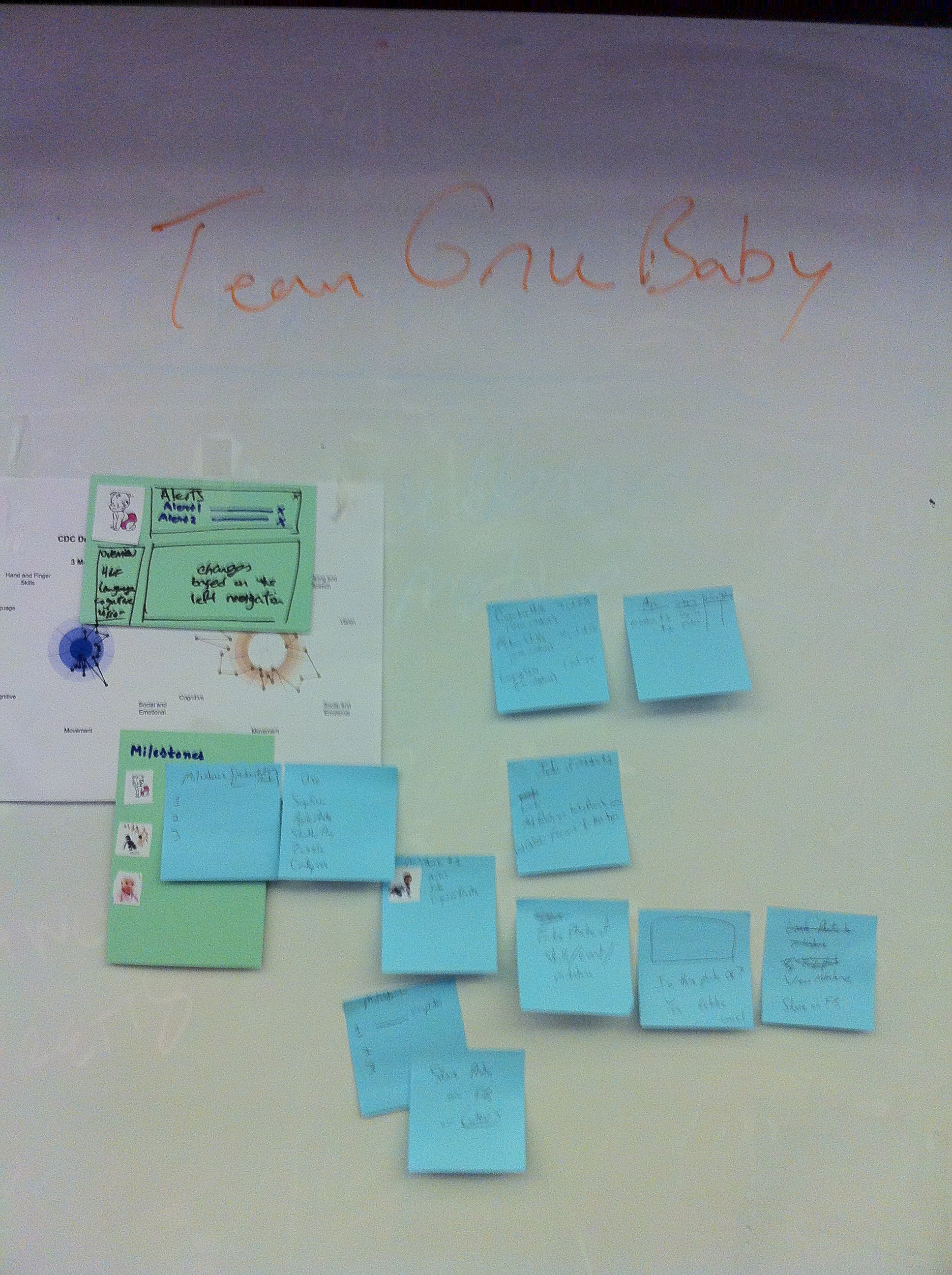Reflections on ‘Business Model’ lecture
Everyone,
It was great to kick off yesterday with the business model and adoption discussion for the integrative workshop. Coming up with a great business model is not easy; many startups fail because they can’t do it. It is part creative, part analytical, and part experiential.
Choosing the customer segment, articulating a compelling value proposition, deciding on how to earn money, and crafting an adoption strategy all have huge implications for the next topics: what kind of user experience, what service design strategy, which kind of system architecture, and what sort of legal approach?
A few comments on our discussion from Steve and me:
– Beyond the immediate business for parents and physicians, there are some creative business models to think about:
– a platform for a “horizontal” play, by having different kinds of apps for different kinds of tracking (track your life…)
– a “vertical” play–everything for the mum in the household (app is just one thing, food, baby things, etc).
– 100% research play (sell to researchers via grants)
– tracking to record your baby’s evolution and share with grand parents etc (ie not about health, but a diary).
– sell to insurance companies so that they look good by offering this, but in reality not useful but big symbolic value.
– etc.
The bigger point is that sometimes business models are very different and more radical than first thought.
– Precision in targeting customers;
It is important to think through exactly who is the most important user group. Which parents MUST track this information (biggest pain point): first-timers, tech savvy with premature born baby or baby with health issues, vs. just “parents.” How this is defined will have implications for the next session–user experiences and choice of personas.
– Business model and platform;
If you don’t know exactly what you will end up with (business model will be different from first thought), you need to have built in some flexibility in your user design, service design, and platform. Otherwise technology will constrain you. This will have implications for the next couple of sessions on service design and platform strategy.
Best regards,
Morten and Steve
